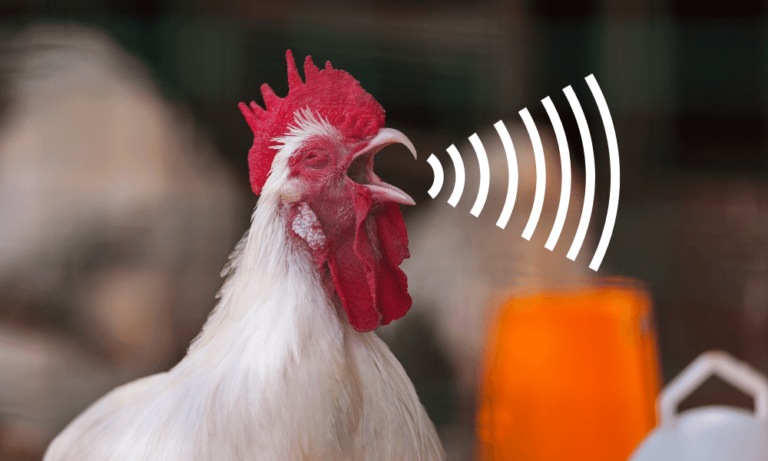The discovery of the fungus Cryptococcus neoformans at the Chernobyl power plant has given scientists reason to believe the organism could be of use to humans on the International Space Station (ISS), where astronauts face much higher levels of radiation from the sun.
The fungi was first described in 1894. Before the Chernobyl discovery, it was known for the negative effects it had on the human immune system. Now, it has been found that the fungus converts radiation into chemical energy using the pigment melanin, allowing it to thrive in areas thought to be devoid of life.
Scientists have derived melanin from the fungus and sent it for testing on the ISS.
Now, how could this be used in a story? Imagine a spacecraft coated with the fungus, absorbing radiation and using it to grow. It would have to be like a double-paned window, so there could be oxygen for the organism, and would therefore have a limited amount of space. One way growth could continue is if there was a continuous belt that moved very slowly, scraping away grown fungus and leaving room for more to grow at the far end. Since it’s dangerous to humans, it could be incinerated as soon as it gets scraped.
This could solve one of two main problems always addressed in stories based in space: the increased solar radiation. The other, decreased bone density, would have to be taken care of, but for a space-faring race there would have to be some loss expected. Might even lead to evolutionary changes over a long enough timescale.
The fungi could play a key role in the story, when, somehow, spores leaving the containment zone and get into the air supply. This could be a part of a horror novel, where this is just one more challenge to be overcome in order to make it out alive.
If it was to make show up as part of a series, it could be found that somehow a member of the crew who becomes infected is able to use radiation to fuel themselves, leading to a race of humans uniquely suited to life in space. The series could follow the human crew of such a group of humans, who would have no need for food, as they visit other worlds and create new life on a far planet.
A second novel could focus on their main source of radiation dying out, and them facing their extinction, and further stories could have them stumble upon alien life.


